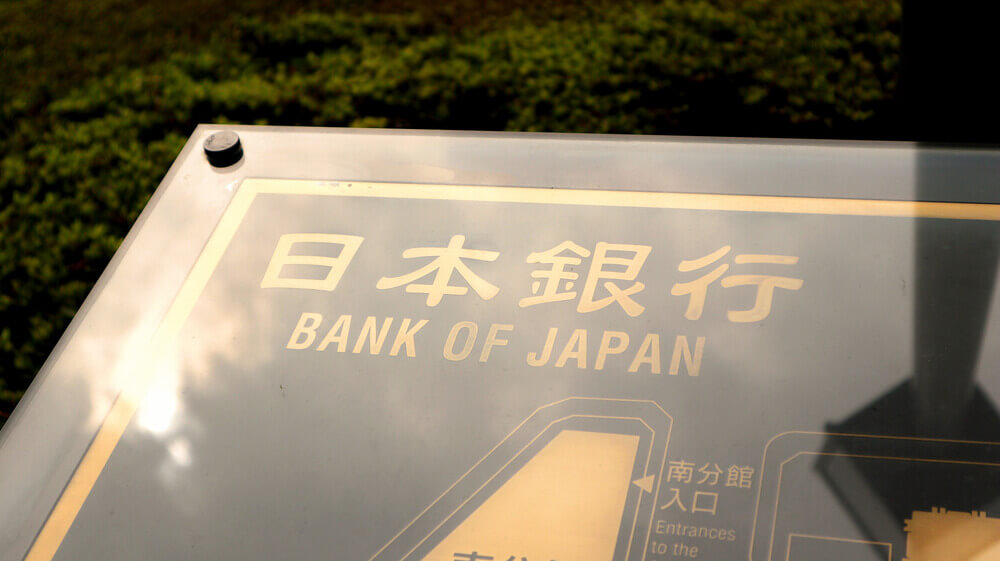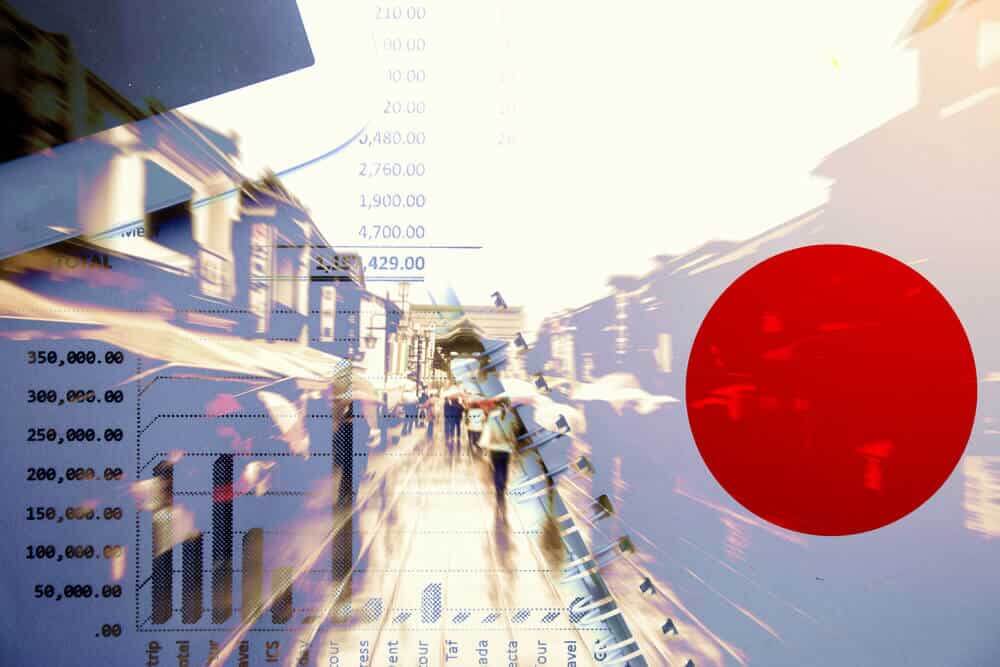
Bank of Japan Sees Room for Cuts and Defends Current Rates
Earlier today, the Bank of Japan governor Haruhiko Kuroda said that the central bank sees more room for easing. Kuroda said that the bank will not hesitate to cut rates when it sees instability.
The Japanese policy maker’s dovish speech worried the forex market about the outlook of the currency.
Kuroda faced the Japanese Parliament’s lower house financial committee earlier. Investors and traders across Asia closely monitored his speech highly anticipated speech.
The Bank of Japan is still weighing costs and effects if the bank were to release another monetary stimulus soon.
Governor Kuroda also clarified that the ultra-loose monetary policy of the bank is not intended to fund the government’s projects. He added that the rates are aimed to reach inflation targets which are slowed down by geopolitical and international conflicts.
Kuroda’s comment comes along as the ruling party of lawmakers press pressure on the incumbent government to spend more. This increases the chance of fiscal policy in playing the largest role in the country’s economic recovery.
However, that would mean adding a ton of debt that could also drown the economy among other advanced economies.
The central bank governor emphasized the effects of fiscal spending to stimulate the economy in front of the Parliament, although he didn’t mean that the BoJ will keep pumping money to bank-roll debts, which could also lead to currency depreciation.
Poor Performance

The household spending is projected to decline at a record pace by 3.0% on a Year-over-Year basis. The last time that the data reached those figures was in May 2018 when it contracted 3.8%.
Fifteen known economists participated in the survey. The latest results didn’t help the bulls in the market as it raised concerns for a rate cut by the bank.
The Japanese government is set to release the official household spending data on December 6 at 8:30 AM Japan time.
The results would play a key role in the next decision of the Bank of Japan, whether it will ease or hold rates.
In September, the country’s household spending went up at its fastest pace on a Year-over-Year basis. The hike was thanks to consumers rushing to buy products before the government’s tax increase.
Tokyo raised the sales tax from 8% to 10% on the beginning of October. Lawmakers saw the move as a vital step to fix the country’s dented finances.
Rival Economy
Elsewhere in Asia, the Central Bank of South Korea left its interest rates unmoved this Friday. The move comes despite the trimmed economic growth and inflation figures of the country,
Traders now are betting for more policy easing on 2020 from South Korea’s central bank.
Anyhow, aside from the United States-China tariffs war, Japan and South Korea have also been throwing sanctions at each other. The main cause is the human rights issues from the Japanese war era.
Their own trade war and the US-China trade war has slowed down both economies.
Surprisingly, the Bank of Korea’s monetary policy committee held the interest base rate firm at 1.25%.




